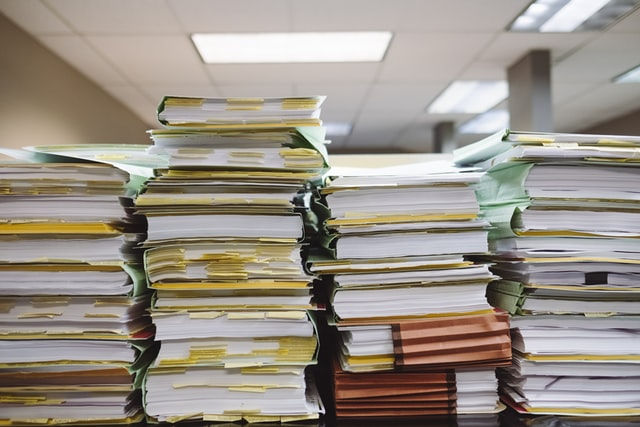5 Things to Consider During Visa Documentation Legalisation in the UK
- apostilleser
- Sep 15, 2025
- 2 min read
Applying for a visa can be stressful, and one of the biggest hurdles is ensuring your documents are properly legalised. Legalisation verifies that your documents are genuine so they can be recognised by foreign authorities.

If you’re preparing for this process in the UK, here are five key things to keep in mind:
Identify which documents need legalisation
Not all Visa Documentation Legalisation require legalisation. Common examples include birth certificates, marriage certificates, degree certificates, and company documents. Always check the requirements of the country you’re applying to.
Ensure documents are correctly certified
Before legalisation, certain documents may need to be certified by a solicitor or notary. An incorrect certification can delay the process, so it’s important to use a recognised professional.
Understand the role of the Apostille
The Apostille stamp, issued by the UK Foreign, Commonwealth & Development Office (FCDO), confirms the authenticity of signatures and seals on your documents. Without it, your paperwork may not be valid abroad.
Check embassy requirements
Some countries require further legalisation by their embassy after the Apostille. Each embassy has its own procedures and fees, so factor in extra time to meet these additional requirements.
Plan for processing times
Legalisation can take days or even weeks, depending on the type of document and destination country. Starting early ensures you won’t miss important deadlines for your visa application.
Apostille & Legalisation Services Ltd Helps in Visa Documentation Legalisation
Experts are working here to guide you through each step, from certification to embassy submission. Their expertise reduces the risk of errors, saving you both time and stress. Whether you’re applying for work, study, or Visa Documentation Legalisation, they ensure your documents are prepared and accepted without unnecessary delays.



Comments